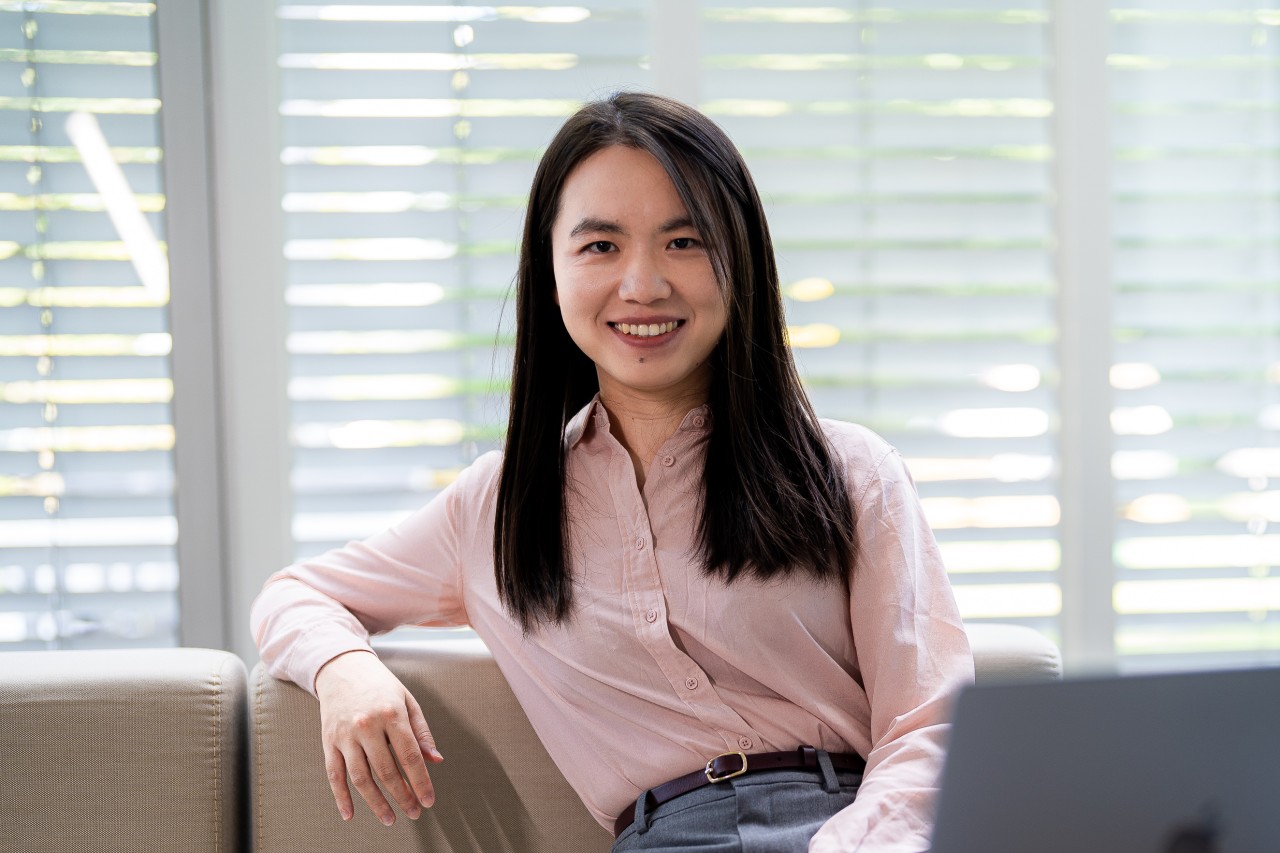Mingru Yang | Meet the MCQSTians: In this series, we regularly feature members of the MCQST community and offer insights into their research and career.
"It’s crucial for early-career scientists to have the opportunity to develop their ideas independently"
Mingru Yang is a condensed matter theorist. She earned her bachelor's degree in physics and computer science from Peking University in China, where she completed her undergraduate thesis under the guidance of Prof. Fa Wang, focusing on the use of variational Monte Carlo to study two-dimensional topological phases. Yang then pursued her PhD in the United States, working with Prof. Steven R. White on tensor network methods and strongly correlated systems, and completed her doctorate in 2020. Prior to her move to Munich, she spent two years in Vienna collaborating with Prof. Norbert Schuch, a former group leader at the Max Planck Institute of Quantum Optics (MPQ), to deepen her understanding of topological orders.
Can you briefly explain your current research project?
My research has been mainly focused on three aspects: (i) using tensor networks to build a bridge between the lattice models and the conformal field theories (CFT) which describes the low-energy physics of many critical systems, (ii) developing and improving tensor network algorithms to simulate non-equilibrium quantum dynamics especially for systems with long-range interactions and two-dimensional systems, and (iii) studying strongly correlated electronic systems by tensor network techniques such as the density matrix renormalization group (DMRG).
Did you always want to be a (quantum) scientist when you were younger? Moreover, if you weren't a scientist, what do you think you would be doing now?
I never thought about becoming a physicist when I was young. I liked art, literature, and history. However, when I encountered physics in middle school, I was deeply amazed by its beauty—how simple rules can explain the complex world. Ultimately, I decided to pursue a career as a physicist. If I were not a physicist, I would have become a film director or an architect.

"I believe academia should encourage more original, creative work, even if it is not currently in trend."
What drew you to Munich and MCQST?
Munich has a large and strong community in quantum information and condensed matter physics and the two fields interact actively here. In MCQST, you would also be able to work with some of the greatest supervisors and many talented graduate students.
What kind of support do you think is important for early career scientists to have?
People come from different backgrounds and have diverse personalities, which means some know how to navigate a successful career from the start, while others do not. It is crucial for the community to address this information gap and create a more supportive research environment. This could include offering specific advice on choosing a supervisor, selecting a research field, and managing one's time during a PhD for those aiming to become researchers. Additionally, I believe academia should encourage more original, creative work, even if it is not currently in trend.
What advice would you give to other young researchers who are just starting their academic or scientific careers?
I want to quote what one of my colleagues once said to me: “You are not less capable than anyone. It is just a matter of putting in the time and effort.”
Find out more about the
Distinguished Postdoc Fellowship and
Mingru's research.